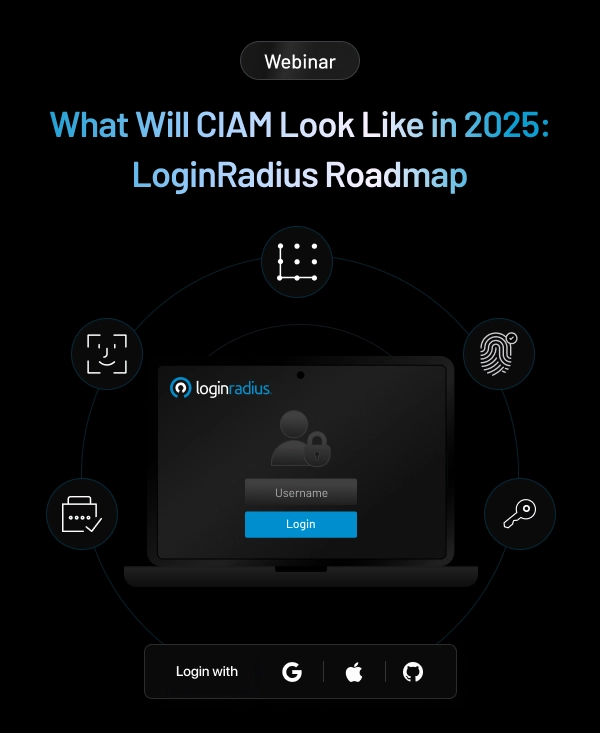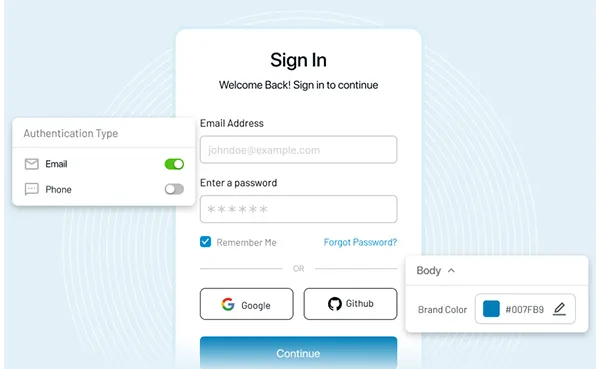Enterprise software is the buzzword surrounding an abundance of modern companies. Whenever it pops up into the average human mind the term gets immediately discarded as something unwanted and outdated, but little do people know about its true essence. The functionality of Enterprise Software is much different from the usual one, as it is mainly meant to fulfill the needs of one big corporate entity. Nevertheless, it also has to fill the user niche, as satisfying people’s needs leads to an organization’s income increase.
Finding Cutting-Edge Enterprise Software
A business can choose between exciting third-party enterprise software or create a custom solution. The choice would greatly depend on the business size, the complexity of requirements, the budget, and the internal technical expertise of the company.
There are plenty of ready-made enterprise software applications, but they might not meet all of the needs an organization needs. The bigger a business gets, the more various features it requires, so hiring developers to create your system is the way to ensure the most well-planned individual system.
An enterprise has to create a set of requirements in order to initiate the process of enterprise software development. It is a painstaking process, as analysts have to comprehend the whole structure of an enterprise to create a particular skeleton for the development process.
Nevertheless, the end product does compensate for all the investments and has some additional perks like increasing an enterprise’s prestige, as people will notice the effort of a corporate entity having its own planned network.
State-of-the-Art Approach
To stay competitive, companies need to get the most out of their resources and make failures impossible to occur. Companies want to stay competitive and so their actions must be cost-efficient, adaptable, and time-saving.
Enterprise software ensures the fulfillment of those specific needs by drastically improving the workflow between countless departments that make up corporate systems. That system itself is called enterprise resource planning (ERP) which without any exaggerations is the “command center” of any successful huge business. Let’s take a look at the key features that make up the core of enterprise software.
#1 Customer Information Management
A great deal of business is catering to the demands of its customers. The main issue here is the complexity of creating a universal approach for each client. Enterprise software enables the creation of a colossal network that helps gather the necessary data for the sake of customer comfort.
Corporations can include millions of users and software needs a straightforward UI to provide smooth browsing of individual profiles. It is an effective way to group all the necessary information to plan a company’s further decisions on a marketing strategy.
#2 A Single Sign-on Authentication
A business can have different software systems to rely on. The best way to benefit from those systems is to make them feel like one. If a user has to sign in every single time to use different services within the same company umbrella they are likely to get frustrated and stop cooperating altogether. A user wants to navigate an enterprise system as a whole, so they need one universal account.
Good enterprise software neglects the need to maintain multiple login systems, which saves the company money and provides a safer space with a highly reduced probability of a breach or an error. That’s single sign-on!
#3 Maximum Security
The global information security market is forecasted to grow to $170.4 billion in 2022. The coalescence of multiple accounts and an SSO naturally creates the need for the best secure authentication. The basic level of good security starts with multi-factor authentication where users need to provide more factors to confirm their identity.
A deeper level of security should require a customization system concerning one’s password. Hashing and security questions aside, there should also be a limited time for the password usage or a number of times one user can use it before applying a new one.
An additional vital way to make people’s data safe is encryption. Digitalization calls for an interrupted exchange of information and the safest way to make it inaccessible to unwanted eyes and ears is to encode it.
#4 HRM
It is more problematic for a huge enterprise to find good job candidates. It is extremely exhausting to manually search for employees by navigating dozens of sites and the probability of the needs of two sides being unmatched is extremely high.
An updated system can majorly increase the capabilities of an HR manager, making them capable of quickly navigating applicants, doing follow-up calls, and assigning job interviews. That way a company can get rid of recurring monotonous tasks and fill their job openings in a more efficient way.
Conclusion
Enterprise software is an irreplaceable tool that is meant to increase a business's efficiency. Huge companies cannot properly operate without it due to the human factor coming into play. This is the way to go when it comes to scalability, robustness, and automation.

















